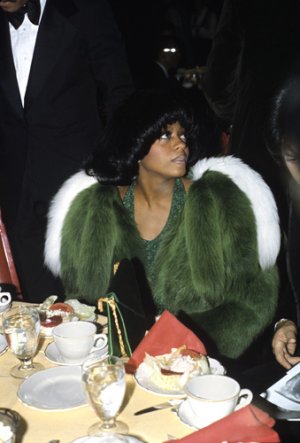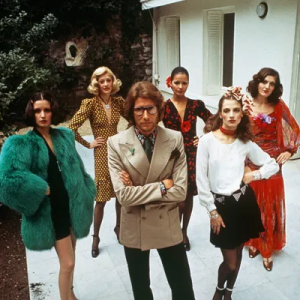D
Deleted member 1957
Guest
My bad, but her modeling career didnt end in 1981. She literally had one of the most iconic Revlon ads in the late 80s or was it early 90s.What are you talking about? Beverly Johnson had 3 Vogue US covers: August 1974, June 1975, and January 1981.


